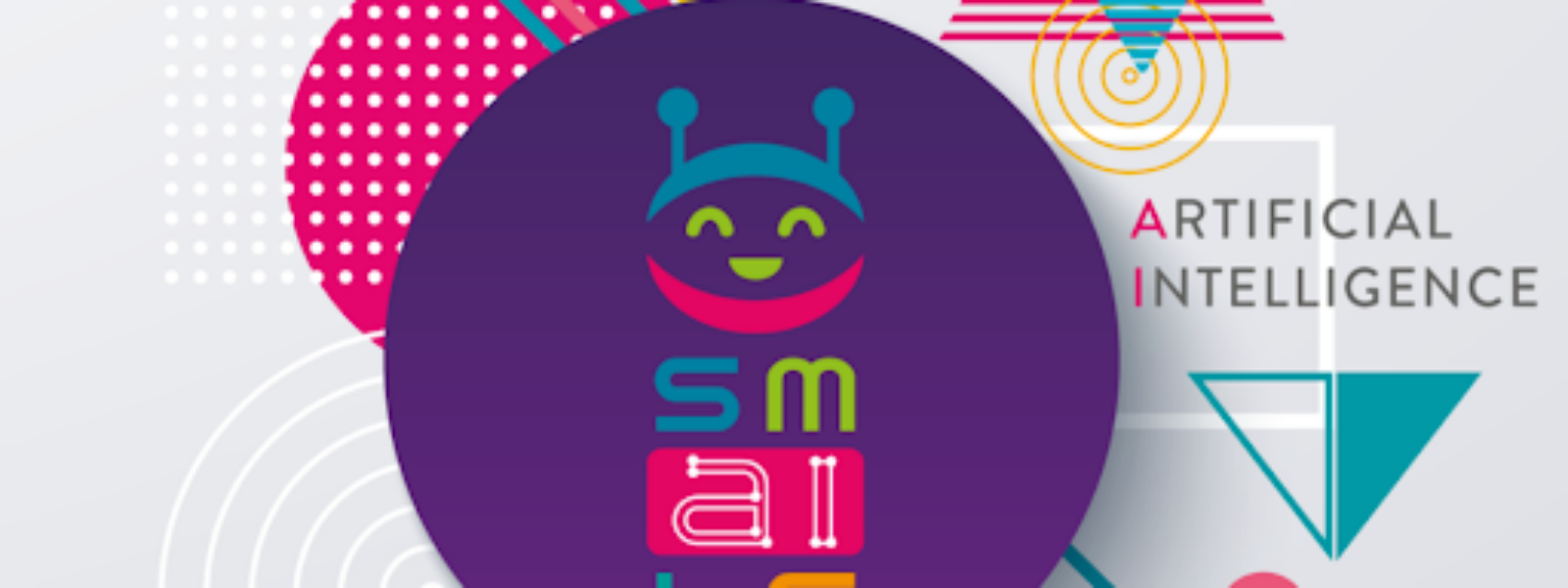The final outputs of the SMaILE research project

The research project, set out on its journey two years ago, was directed by the Polytechnic University of Turin and involved the University of Turin, Royal Holloway University of London, and FBK-IRVAPP as an Evaluating Body working on real field experiments.
SMAILE‘s GAMES4AI uses Game Theory concepts together with Gamification techniques with the aim of developing an innovative educational methodology to teach the principles of Artificial Intelligence to Generation Z kids and to all those who, as non-experts, wish to approach this fascinating world. Over the course of the two years, SMaILE’s GAMES 4AI activities include the development of a gamified survey (Survey Game). Through a 10-question interactive journey, this tool allowed users to approach some of the basic topics in AI and discover their own profile within this field, thus stimulating their curiosity and raising awareness about the enormous opportunities and risks associated with this new technology.
The SMaILE App consists of ten sub-games, each of which focuses on a foundational topic in Game Theory and Artificial Intelligence. Each of the themes associated with these sub-games was then explored in short animated videos, that can also be viewed in the SMaILE-App. It breaks down complex AI concepts into simpler notions, making them accessible to a broad audience of young users. The app tarfets middle and high school students, but can also be enjoyed by children of different ages. Through interaction with the SMAILE App, students can understand AI core concepts in depth.
EmpAI aims to actively and fruitfully engage the entire world of schools: to this end, the http://empai.di.unito.it/ website was created to guide teachers who are not familiar with AI topics to the use of a basic educational curriculum in AI. The site offers the opportunity to view and download all useful materials for delivering coding lessons and skill-building activities. Also included is a space for discussion and exchange of views between teachers and researchers and lessons aimed at specific teacher training. The idea behind the project was to prepare young people to understand an increasingly digitized world by enhancing the skills they already possess, which are fundamental for the development of thinking and reasoning and for dealing with complex situations in everyday life. To do this EmpAI conducted a two-year trial involving more than 500 students from elementary school 5th grade and middle school 1st year in order to evaluate the effectiveness of an intervention program aimed at enhancing all those cognitive skills useful for the development of programming and AI skills. The researchers delivered a structured coding and AI course at school in which a series of unplugged, i.e., non-computer-intensive, playful-experiential activities were integrated. These activities have playfully trained children’s cognitive skills such as the ability to differentiate syntax from semantics, classify data, monitor a goal, and plan.


